Discussing in the hall on the afternoon of June 24 about the draft Law on Value Added Tax (VAT - amended), many National Assembly deputies expressed their disagreement with the imposition of 5% VAT on fertilizers and proposed to amend it to apply 0% VAT on this product, in order to reduce difficulties for farmers. At the same time, they proposed that the draft Law deduct input VAT rates for domestic fertilizer manufacturing enterprises.

Delegate Tran Thi Thanh Huong (An Giang delegation) analyzed that international experience shows that fertilizer is a product serving agricultural production, so many countries design policies in a more preferential direction than other common products. In Vietnam, according to the Ministry of Finance 's assessment, if VAT is increased specifically for fertilizers, the budget revenue will increase by about 6,200 billion VND, not to mention agricultural machinery and equipment.
“Is this revenue from agriculture and farmers? To encourage agricultural production, VAT must be reduced. Increasing VAT will increase input prices for agricultural production. Increasing input prices will increase product prices, reduce the competitiveness of agricultural products, and increase farmers' costs,” delegate Huong said frankly.
Delegate Nguyen Danh Tu (Kien Giang delegation) disagreed with the argument of the drafting agency when he said that fertilizer production enterprises are at a disadvantage because they are not allowed to declare and deduct input VAT on goods and services serving fertilizer production. This amount is included in product costs, causing product prices to increase and profits to decrease, causing a disadvantage in competition with imported fertilizers.
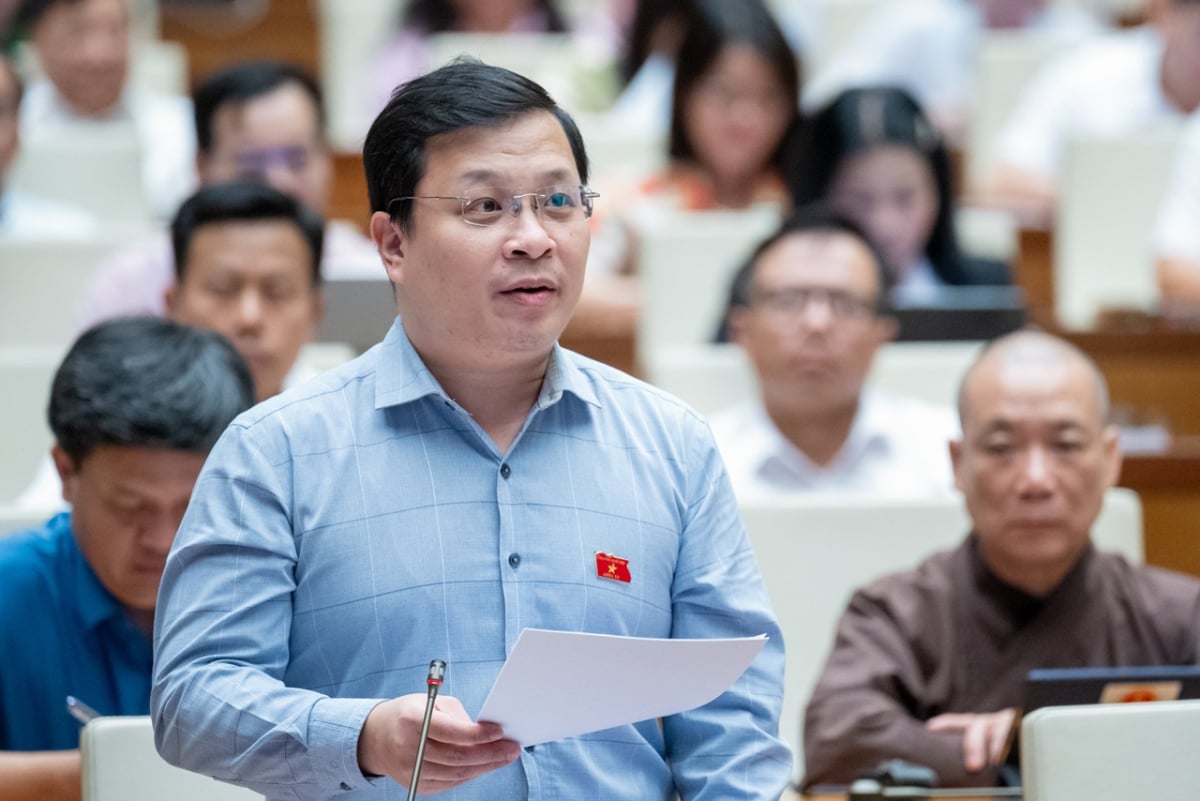
Delegate Tu said that it is very necessary to remove difficulties and obstacles to promote the domestic fertilizer production industry. However, the drafting agency needs to consider continuing to research and carefully evaluate the transfer of fertilizer to the subject of a 5% tax rate. Because fertilizer is one of the important input goods in agricultural production, and is also one of the 9 types of goods and services in the price stabilization list, which are essential goods and services that have a great impact on socio-economic development, production and business, and people's lives.
“The cost of fertilizer is directly related to the input cost of agricultural production, VAT is an indirect tax on value added to the final consumer. Therefore, changing fertilizer to a VAT rate of 5% for farmers who directly use fertilizer in agricultural production will have a big impact,” noted delegate Nguyen Danh Tu.
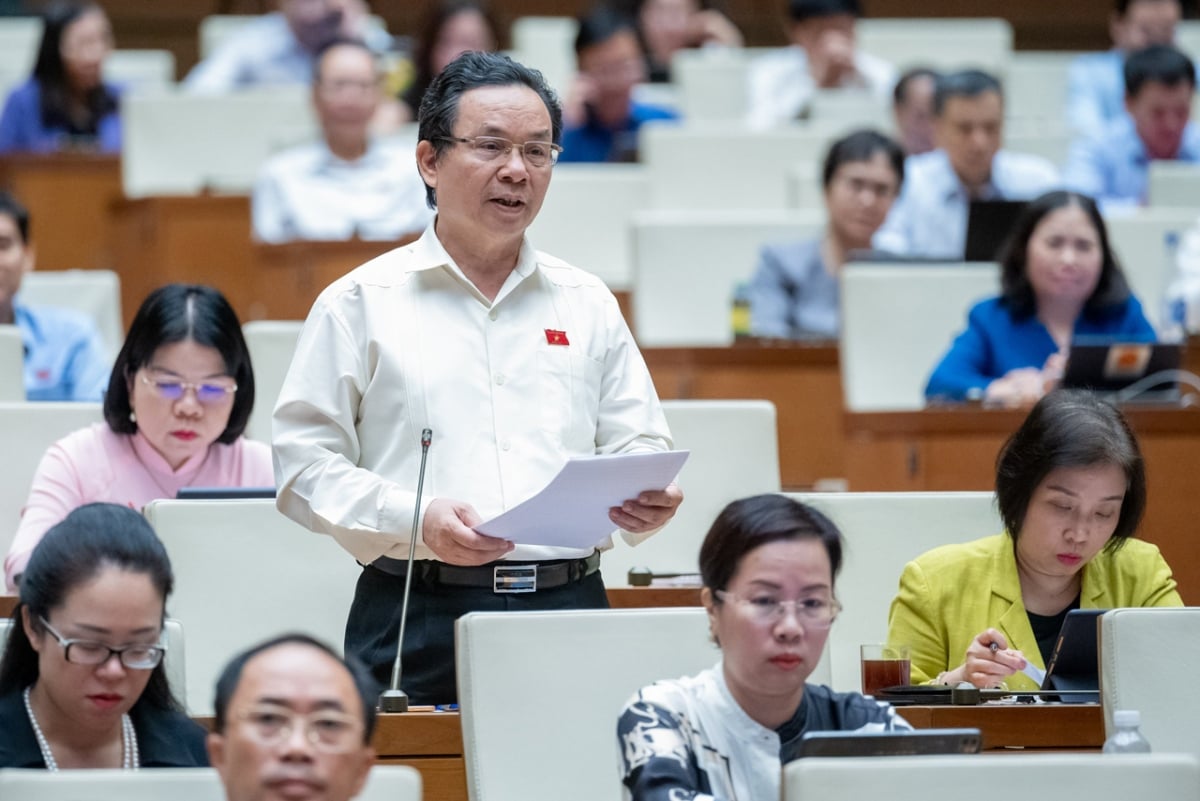
The opinion of the drafting agency that, due to no VAT since 2015, fertilizer prices have been increasing, so it is necessary to impose taxes to reduce fertilizer prices was also commented by delegate Hoang Van Cuong (Hanoi delegation) as unconvincing. Delegate Cuong cited the assessment of the Ministry of Finance showing that, from January 2015, when fertilizer tax was 0%, fertilizer prices immediately dropped to 500,000 VND/ton and continued to decrease until 2018 when prices increased because Phu My fertilizer power plant was not operating. In recent years, fertilizer prices have increased mainly due to the conflict between Russia and Ukraine.
Therefore, delegate Hoang Van Cuong affirmed that there is no reason to say that if VAT on fertilizers is increased, prices will decrease; we can only see immediate negative consequences for farmers.
“If the VAT on fertilizer is applied at 5%, the budget will collect about 5.7 trillion VND, offset for fertilizer production enterprises that are not entitled to VAT deductions of about 1.5 trillion VND, the budget will have about 4.2 trillion VND, clearly this money is taken from farmers because they have to pay more. This shows the unreasonableness in that VAT is transferred from not being deductible for input of enterprises to not being deductible for input of farmers. The law cannot force farmers as well as fertilizer enterprises to bear this, so the VAT on fertilizer should be applied at 0% and fertilizer production enterprises will be refunded input VAT”, delegate Hoang Van Cuong suggested.
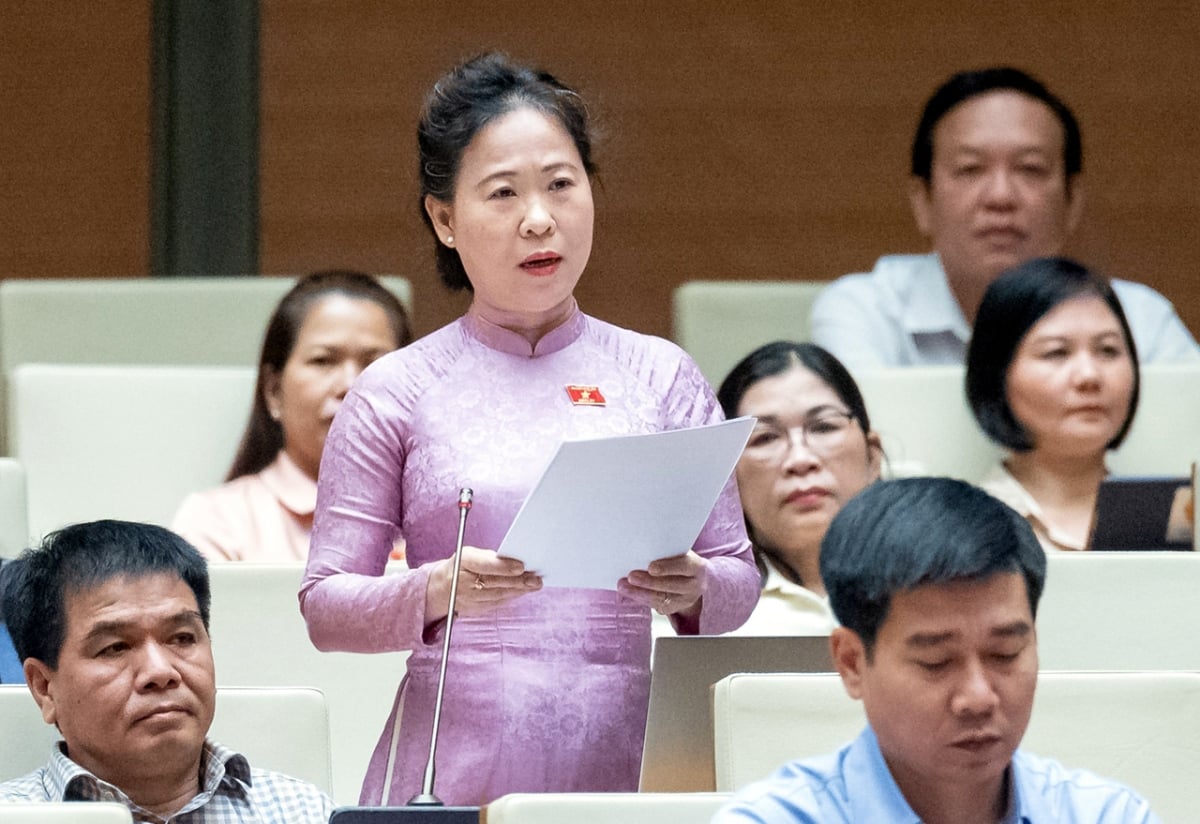
Recommending that the National Assembly and the Government should choose the "good" for farmers, delegate To Ai Vang (Soc Trang delegation) argued that if the law still maintains the 5% VAT on fertilizers, farmers will have to spend about 6,000 billion VND. If the draft law applies a 0% VAT on fertilizers, about 2,000 billion VND, instead of being added to the state budget revenue, will be used to support businesses and farmers. Thus, farmers will have a significant reduction in input costs.
“Faced with the choice between “gain” and “loss”, by making fertilizer subject to a 0% VAT rate, the Government has supported about 2,000 billion VND for farmers and businesses. This is considered one of the Government's actions in cutting production and business costs for businesses, contributing to retaining domestic fertilizer sources and stabilizing the fertilizer market in the context of rising fertilizer prices,” said delegate To Ai Vang.
Source: https://vov.vn/chinh-tri/quoc-hoi/dai-bieu-quoc-hoi-de-nghi-can-nhac-vat-0-hay-5-voi-mat-hang-phan-bon-post1103518.vov


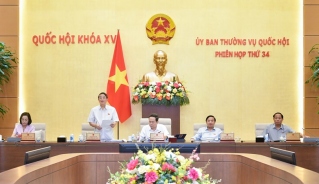






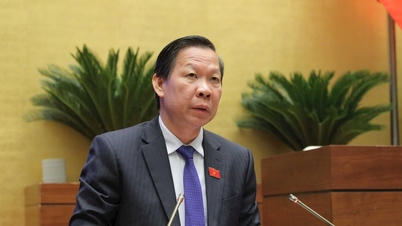

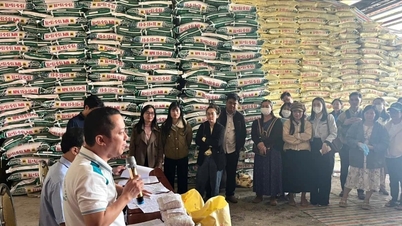

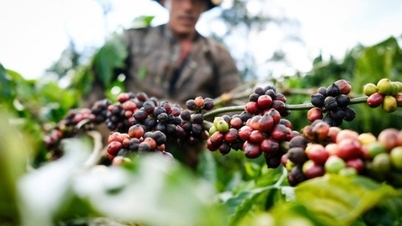



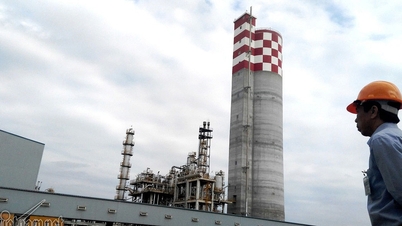


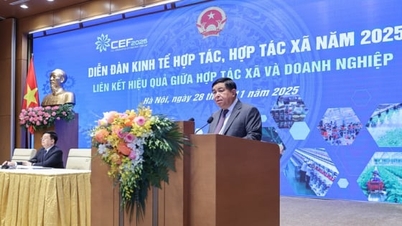

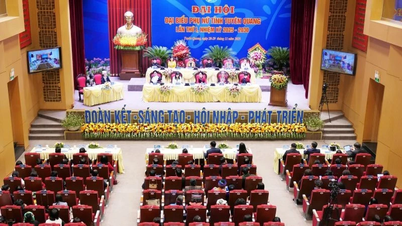

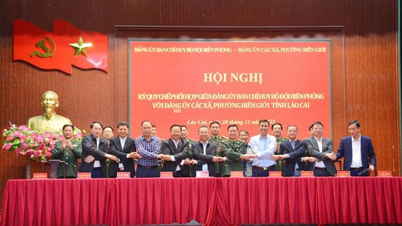
![Tue Tinh gets rich from the fields: [Part 1] Carrots 'open up the land' throughout the region](https://vphoto.vietnam.vn/thumb/402x226/vietnam/resource/IMAGE/2025/11/29/1764389769377_1026-z7266742695736_f4e06e7df318c52c0fb916536279510f-nongnghiep-211017.jpeg)
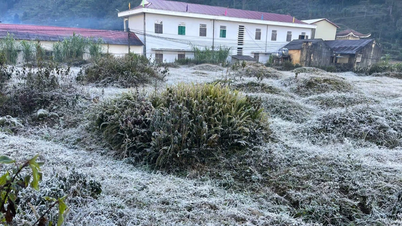









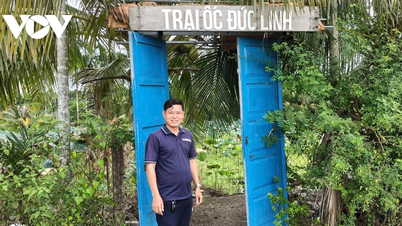




















































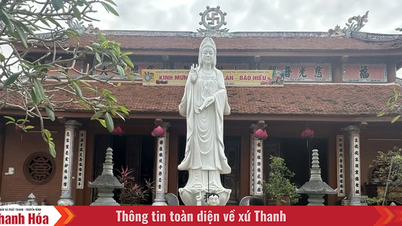

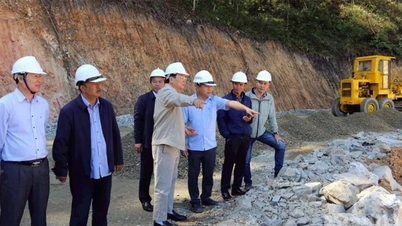
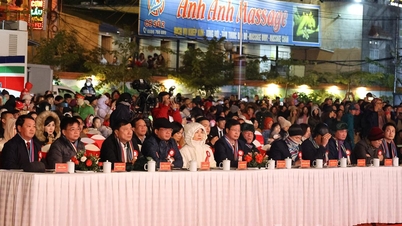


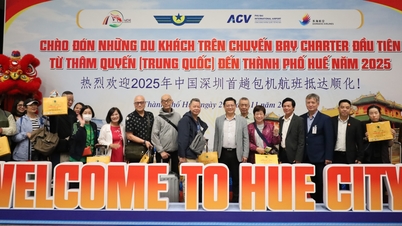














Comment (0)